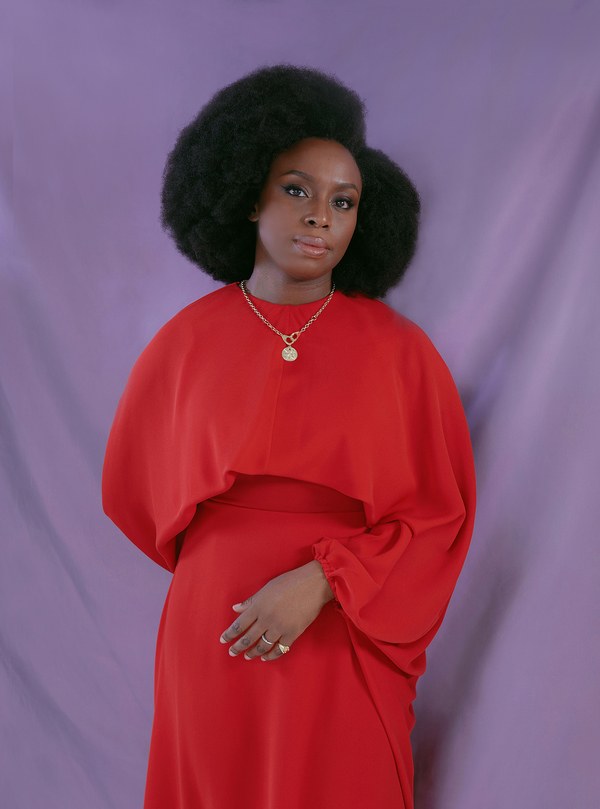
In a new essay for Esquire UK, Chimamanda Ngozi Adichie captures the spirits of Lagos, reflects on living in the mega-city, its people, its cultures. The piece, which appears in the “Travel & Adventure” issue of the men’s lifestyle magazine, is titled “Still Becoming: At Home in Lagos with Chimamanda Ngozi Adichie.”
Read an excerpt below.
_______________________________________________________
LAGOS WILL NOT court you. It is a city that is what it is. I have lived part-time in Lagos for 10 years and I complain about it each time I return from my home in the US — its allergy to order, its stultifying traffic, its power cuts. I like, though, that nothing about Lagos was crafted for the tourist, nothing done to appeal to the visitor. Tourism has its uses, but it can mangle a city, especially a developing city, and flatten it into a permanent shape of service: the city’s default becomes a simpering bow, and its people turn the greyest parts of themselves into colourful props. In this sense, Lagos has a certain authenticity because it is indifferent to ingratiating itself; it will treat your love with an embrace, and your hate with a shrug. What you see in Lagos is what Lagos truly is.
And what do you see? A city in a state of shifting impermanence. A place still becoming. In newer Lagos, houses sprout up on land reclaimed from the sea, and in older Lagos, buildings are knocked down so that ambitious new ones might live. A street last seen six months ago is different today, sometimes imperceptibly so — a tiny store has appeared at a corner — and sometimes baldly so, with a structure gone, or shuttered, or expanded. Shops come and go. Today, a boutique’s slender mannequin in a tightly pinned dress; tomorrow, a home accessories shop with gilt-edged furniture on display.
Admiralty Road is cluttered, pulsing, optimistic. It is the business heart of Lekki, in the highbrow part of Lagos called The Island. Twenty years ago, Lekki was swampland and today the houses in its estates cost millions of dollars. It was supposed to be mostly residential but now it is undecided, as though partly trying to fend off the relentless encroachment of commerce, and partly revelling in its ever-growing restaurants, nightclubs and shops.
I live in Lekki, but not in its most expensive centre, Phase 1. My house is farther away, close to the behemoth that is the oil company Chevron’s headquarters. A modest house, by Lekki standards. “It will be under water in 30 years,” a European acquaintance, a diplomat in Lagos, said sourly when I told him, years ago, that I was building a house there. He hated Lagos, and spoke of Lagosians with the resentment of a person who disliked the popular kids in the playground but still wanted to be their friend. I half-shared his apocalyptic vision; he was speaking to something unheeding in Lagos’s development. Something almost reckless.
So forward-looking is Lagos, headlong, rushing, dissatisfied in its own frenzy, that in its haste it might very well sacrifice long-term planning or the possibility of permanence. Or the faith of its citizens. One wonders always: have things been done properly? Eko Atlantic City, the new ultra-expensive slice of land reclaimed from the Atlantic Ocean, has already been mostly sold to developers, and promises Dubai-like infrastructure, but my reaction remains one of scepticism. I cannot stop imagining the ocean one day re-taking its own.
My house had required some arcane engineering, sand-filling, levelling, to prevent the possibility of sinking. And during the construction, my relatives stopped by often to check on things. If you’re building a house you must be present, otherwise the builders will slap-dash your tiling and roughen your finishing. This is a city in a rush and corners must be cut.
_____________________________________
Continue reading in Esquire UK.








COMMENTS -
Reader Interactions